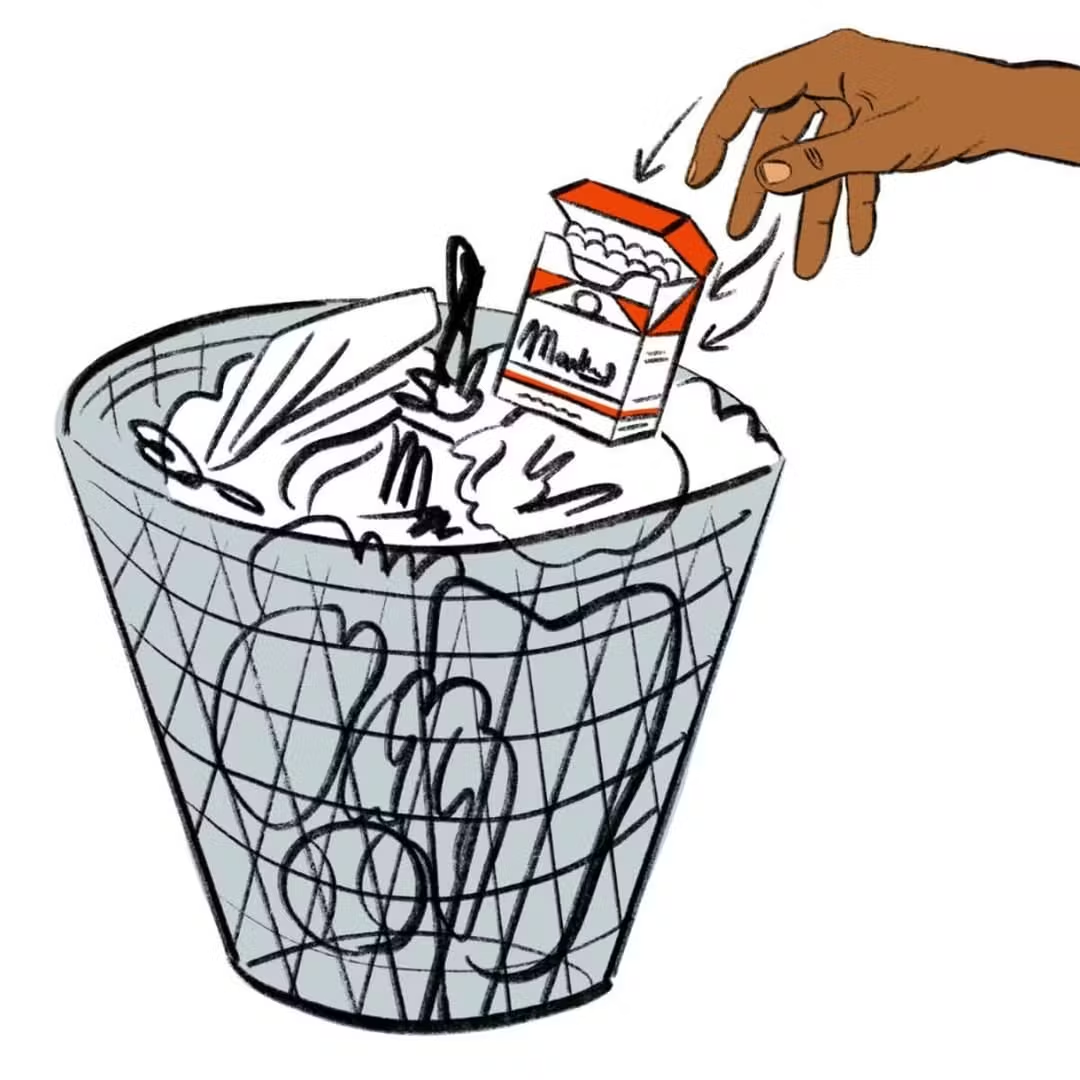#Healthy future #Prevention #Tips
TIPS FOR QUITTING SMOKING WHILE PREGNANT

Smoking is one of the most dangerous things a mom can do during pregnancy. Among other things, it can increase the chances your baby will be born too soon (before 37 weeks) or too small (under 5.5 pounds) — and that can lead to a lot of short-term or long-term issues for your baby. If you smoked before getting pregnant, now is the time to quit. Here’s how.
DON’T HIDE YOUR HABIT.
…At least not from your doctor. Pregnant smokers who talk to their OB-GYN or midwife about what they can do to quit smoking are more successful. Doctors and midwives know how dangerous smoking during pregnancy can be; they want to help you quit. Talk to them about how much you smoke or use e-cigarettes, as well as any concerns or fears you have about quitting.
SURROUND YOURSELF WITH SUPPORT
No one can quit smoking for you — that’s all on you — but that doesn’t mean you have to do it alone. If you’ve ever tried to quit before, you know how tough it is. But quitting smoking while already going through the physical and mental challenges associated with pregnancy can be downright daunting. If at all possible, steer clear of people who bring you down or stress you out. Instead, find those who love you and who can hold your hand or distract you through those tough first few weeks. Their support won’t make quitting smoking easy, but they will help make it less difficult.
TAKE ADVANTAGE OF RESOURCES
In addition to your own support network, a variety of free tools can help you quit smoking. Many of them can be customized to your needs. The two biggest resources available to pregnant smokers in Orange County are:
- Tobacco Free Florida helps smokers quit in a way that works for them. The program has free resources — including interactive tools and quit coaches — available online, over the phone, via text, or in-person.
- Smokefree.gov also has a bunch of different resources to walk you through available support services, find ways to deal with withdrawal, and learn how your friends and family can help you quit successfully.
FIND WAYS TO COPE WITH WITHDRAWAL
Your body is already going through a lot, and quitting smoking could cause some extra discomfort. Finding ways to get through the symptoms of nicotine withdrawal — like tobacco cravings, difficulty sleeping, or crankiness — is essential to quitting for good. These symptoms are particularly rough during the first days and weeks after your last cigarette, but the good news is: It gets easier the longer you stick with it. If you’re having a hard time coping with cravings or managing the symptoms of withdrawal, talk to your doctor about what strategies might work for you.
Certain medications and pharmaceutical products exist to help smokers curb tobacco cravings and lower the symptoms of withdrawal, but there’s still a lot we don’t know about how safe they are to use during pregnancy; some products have been shown to be dangerous for your baby. While non-pregnant smokers can often use nicotine replacement therapy — like nicotine patches or gum — research shows that using these products is not worth the risks they pose to pregnant women. You should always talk to your doctor before taking any new medication, and that includes over-the-counter products like nicotine patches.
Quick note on e-cigarettes: For all the buzz about vaping being a “healthier” alternative to smoking, e-cigs are not safe for anyone, much less pregnant women and their babies.
REMEMBER WHY YOU’RE QUITTING
There are hundreds of reasons to quit smoking. What will help you be successful is focusing on the reasons that matter most to you. Who are you quitting for? Write their names down, and keep them in your wallet. When a craving gets tough or you feel like quitting, take it out and read them over and over again. They’re worth it, and so are you.